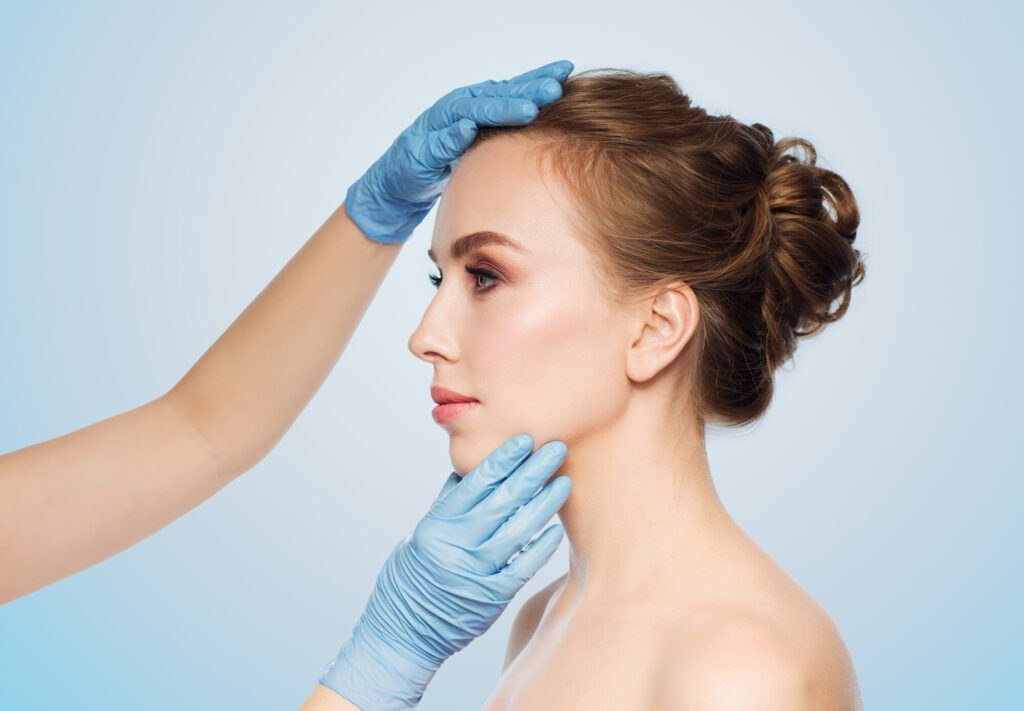Are you thinking about getting rhinoplasty but want to know more about the recovery timeline? Here’s a quick guide to the rhinoplasty recovery process.
Are you tired of the way your nose looks? Do you have a nose that’s too big, too misshapen, or even crooked? If that’s the case, then rhinoplasty is undoubtedly the right procedure for you.
A rhinoplasty (also known as a nose job) can completely elevate your self-confidence, allowing you to succeed in life. But before committing to this procedure, you may be wondering, what is the rhinoplasty recovery process?
To learn more about this, simply keep reading! We’ll give you all the details in this must-know rhinoplasty recovery guide!
Doctor Visit
The plastic surgeon will take measurements of the patient’s nose, discuss their medical history, and perform a physical evaluation of the nose to assess any existing issues or changes that will need to be addressed to ensure a successful recovery.
During the visit, the doctor will explain the entire recovery process and comfortable ways to care for the nose in the days and weeks following the procedure.
Healthy Diet
Eating a healthy diet will not only aid in the healing process but also improve a patient’s overall health and well-being. Eating a diet rich in fresh fruits and vegetables, complex carbohydrates, lean proteins, and healthy fats will provide the body with the nutrients it needs to heal and reduce the risk of infections or complications.
Additionally, foods like garlic, pineapple, and turmeric have anti-inflammatory properties that can help improve healing after a rhinoplasty.
Taking Medicine
After the procedure, your doctor will prescribe medications to help with healing and reducing pain or discomfort during your recovery period. It is important to follow these prescribed instructions and take the medicines in the doses and frequencies recommended.
Pain medications, antibiotics, and nasal spray will be prescribed as needed. Your doctor will advise against the use of ibuprofen or aspirin during the recovery period, as these may lead to increased bruising and swelling.
Wearing Glasses
It’s important to be aware that during this period, patients should avoid wearing glasses as they can put too much pressure and shift the cartilage and bone on which they were operated on. When a person does wear glasses, it should be done very carefully.
Start with a plastic frame and make sure that it is not too tight against the nose. The glasses should be positioned so that the top of the lenses are located above the nasal bone to avoid any contact with the nose.
Sleeping
Resting and sleeping on the back is advised, as this will allow the nose to heal without any pressure or strain on the area. Pillows should be used to support the neck and head in order to avoid any discomfort during the healing process.
Patients should avoid sleeping on their stomachs at all costs, as this will increase tension on the nose. To ensure a proper recovery process and healing, patients should get at least eight hours of sleep each night, avoiding activities and behaviors that could disrupt the healing process.
So if you are thinking of getting a rhinoplasty, you can visit this nose surgery page.
Learn More Rhinoplasty Recovery Now
Rhinoplasty recovery can be quick and the results will be seen soon afterward. With the right preparation, you can make sure to heal properly and return to your daily activities in no time.
Proper care and caution are keys to a successful rhinoplasty!
Did you find this article helpful? Check out more of our blogs!

